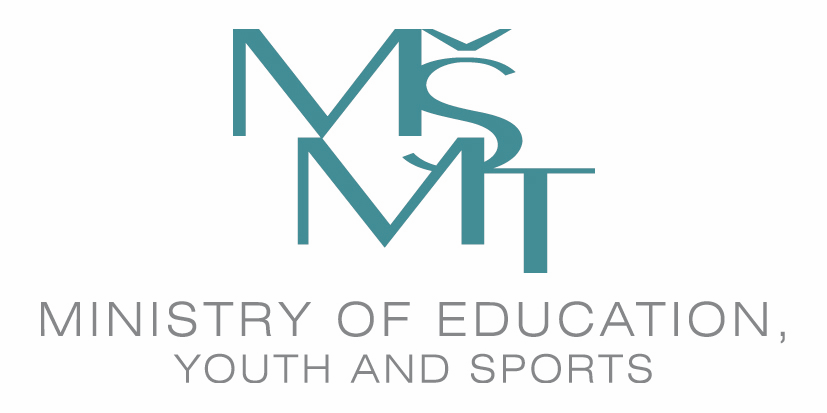
Annotation
The current state of quantum computing is referred to as the noisy intermediate-scale quantum era (NISQ), characterized by quantum processors that are not yet advanced enough to take advantage of most basic quantum algorithms. However, there is a type of quantum algorithm that can be used successfully despite this quantum noise of current processors. These are variational quantum algorithms (VQAs) that proceed iteratively using a classical optimizer to find a solution to a given problem. VQAs currently appear to be the best hope for achieving a quantum advantage.
This course aims to introduce participants to the theoretical basis on which these VQAs are built and to familiarise them with their basic types. An important part will also be concrete examples that will help participants to understand the principles of these algorithms. The whole process of solving a problem will be shown, from its formulation to the graphical presentation of the found solution. Practical demonstrations will be carried out in the Qiskit environment, and participants will have the opportunity to try them out on their computers.
Benefits for the attendees, what will they learn
Participants will learn the basics of how variational quantum algorithms work and gain an overview of how they can be used to solve specific problems. Participants will also get a hands-on experience with the Qiskit framework, implementing simple examples illustrating the presented algorithms.
Level
intermediate, advanced
Language
English
Prerequisites
Quantum computing basics, Qiskit lab, linear algebra, Python
Tutor
Jiří Tomčala is a researcher in the Quantum Computing laboratory of the IT4Innovations National Supercomputer Center. He graduated with a degree in Applied Mathematics in 2016 and earned his Ph.D. in Computer Science in 2021. In the years 2021, 2022, and 2023, he received the Certificate of Quantum Excellence from IBM Quantum and participated as a mentor for quantum computing projects in the PRACE Summer of HPC 2021 and 2022. He is an active publishing researcher in the field of quantum computing and regularly contributes his latest results to scientific conferences and journals.
Acknowledgements

This project has received funding from the European High-Performance Computing Joint Undertaking (JU) under grant agreement No 101101903. The JU receives support from the Digital Europe Programme and Germany, Bulgaria, Austria, Croatia, Cyprus, Czech Republic, Denmark, Estonia, Finland, Greece, Hungary, Ireland, Italy, Lithuania, Latvia, Poland, Portugal, Romania, Slovenia, Spain, Sweden, France, Netherlands, Belgium, Luxembourg, Slovakia, Norway, Türkiye, Republic of North Macedonia, Iceland, Montenegro, Serbia. This project has received funding from the Ministry of Education, Youth and Sports of the Czech Republic.
.png)

This course was supported by the Ministry of Education, Youth and Sports of the Czech Republic through the e-INFRA CZ (ID:90254).
All presentations and educational materials of this course are provided under the Creative Commons Attribution-ShareAlike 4.0 International (CC BY-SA 4.0) license.
![[ONLINE] Variational Quantum Algorithms (EuroCC)](/event/238/logo-3264908871.png)
